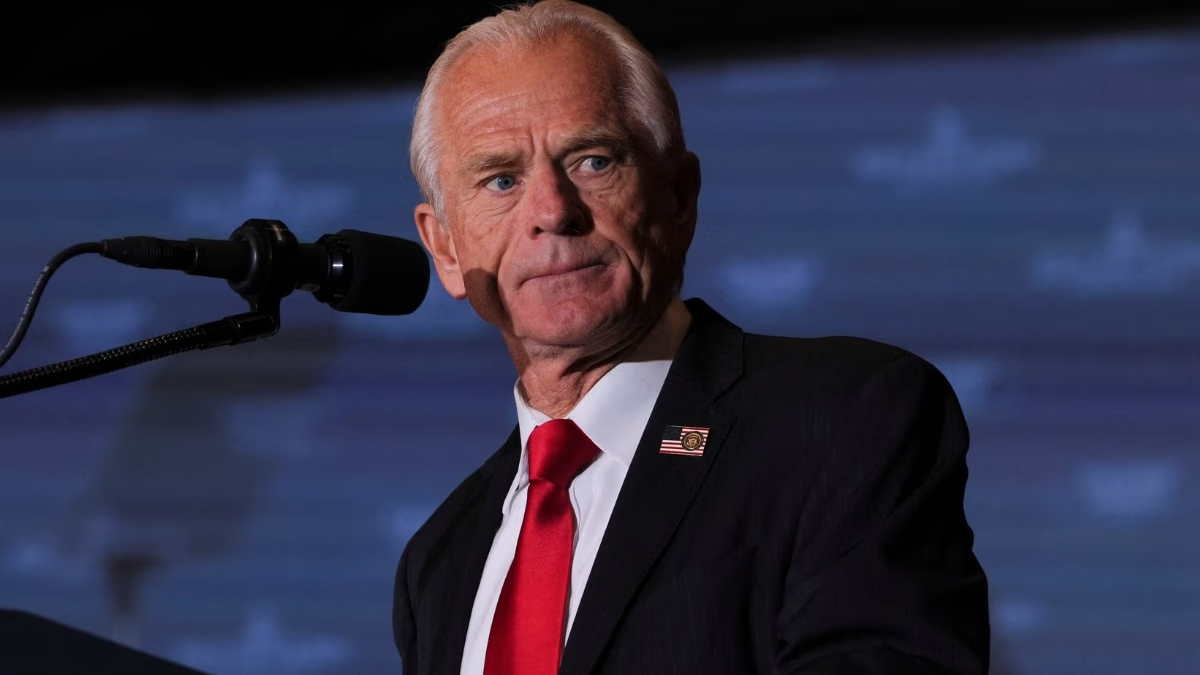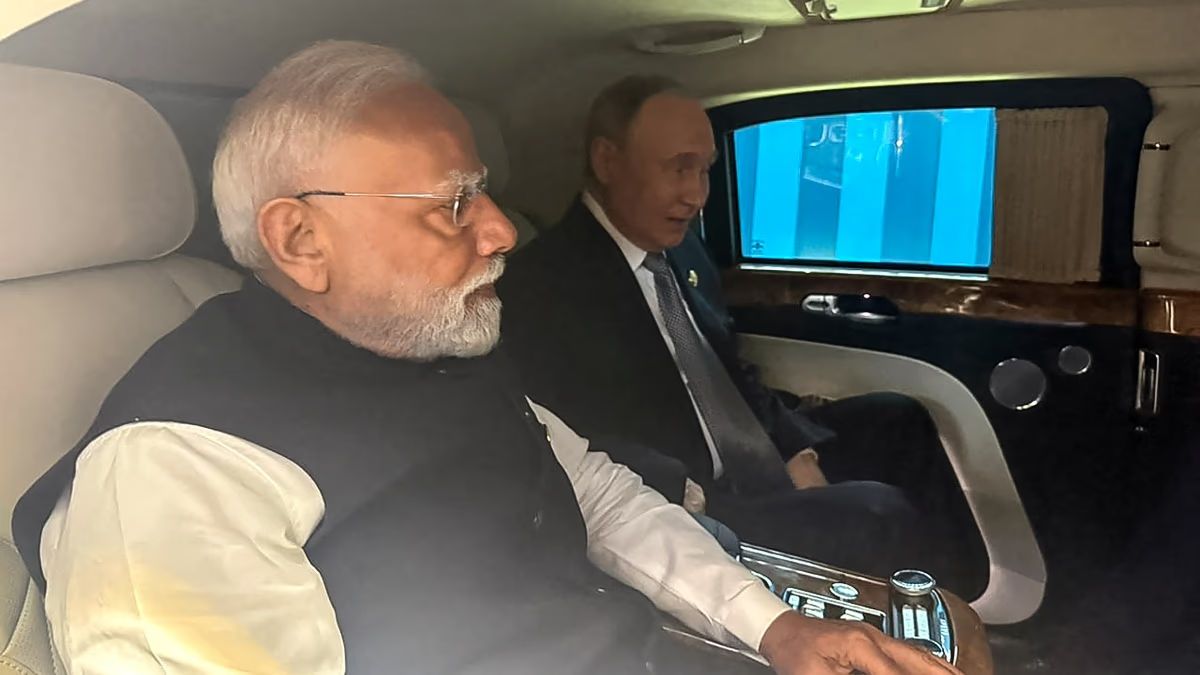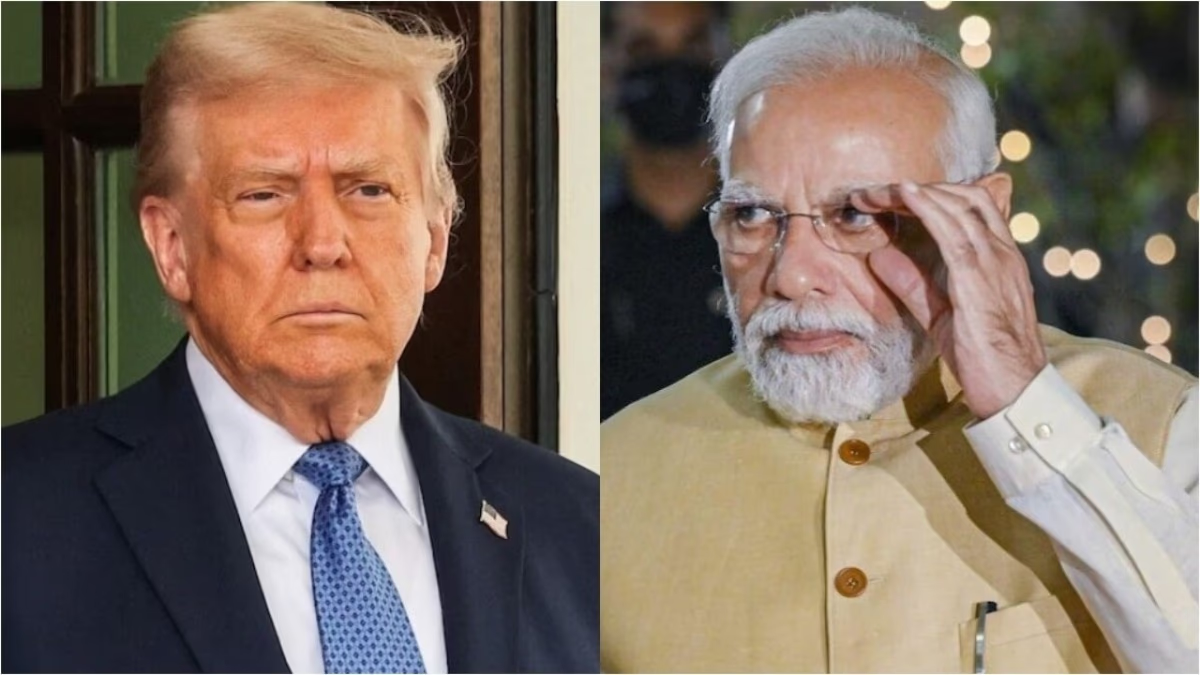Like his boss, Donald Trump, in recent days, Peter Navarro, the trade advisor to the U.S. President, seems to be daydreaming about India. Every day, Navarro makes bizarre statements about India, suggesting Trump’s devoted team harbors an unjust disdain for the nation. Their frustration arises from the inability to stop India from purchasing oil from Russia even with tariffs. The great American nation feels aggrieved, seeing that even threats have not swayed India. In a desperate attempt, there seems to be a dream brewing of inciting caste discord in India.
The U.S. has a history of such tactics. Leaders who do not align with America often face the music. America historically works to dethrone dissident heads of state by any means necessary. However, despite their efforts, they have failed to impact India significantly, particularly under Prime Minister Narendra Modi. Consequently, a new strategy to harm India appears to be on the table. This involves inciting caste tension. They suspect that if anything happens in India over religion and caste, the opposition is ready to pounce. Navarro and his peers' repeated rhetoric that only specific elite groups benefit from Russia's oil trade in India is entirely baseless. Without understanding India's social and economic fabric, such statements only showcase the Trump administration's ignorance.
What Did Navarro Say?
Navarro asserted that only a small elite (Brahmin) class in India benefits from purchasing Russian oil, while the entire nation bears the brunt. He echoed his belief that Trump’s decision to impose a 50% tariff on India was justified.
In an interview with Fox News, Navarro stated that Indian refiners are buying crude oil at cheap rates from Russia and exporting it at high prices, particularly targeting Brahmins who are portrayed as profiteering at the cost of their countrymen. Meanwhile, Russia uses this money to fund the war in Ukraine. Thus, Navarro suggests this should be stopped.
Navarro's Lack of Understanding
Navarro’s statement, implying that Brahmins are benefiting from Russian oil, reveals a lack of awareness of India's social structure. Even if some individuals benefit from the deals, branding this as exclusive to Brahmins is misleading. Traditionally, Brahmins in ancient Hindu society were never the possessors of wealth. Business was largely in the hands of the merchant (Vaishya) community. Over centuries, this structure has evolved but remains similar, particularly in energy and commerce sectors.
The reality is that oil refining and importing in India is controlled by both private and public sector companies like Reliance Industries, ONGC, and IOC. Mukesh Ambani, who leads Reliance Industries, hails from the Vaishya community. Most Indian industrial magnates belong to this community. The Ambani family profited by refining Russian oil into petrol, diesel, and other products sold domestically and internationally. Similarly, Naira Energy, a subsidiary of Russia's Rosneft, benefited, run by businessmen of the Vaishya community. Public enterprises such as ONGC and IOC also partake in Russian oil imports, but the benefit extends directly to the government and consumers, not any specific caste.
Is Navarro Unaware of India's Caste Dynamics?
Another question arises: when Navarro uses 'Brahmin,' is he referring to 'Boston Brahmins,' an elite group in the U.S.? In the 19th century, Oliver Wendell Holmes coined the term to describe Boston's wealthy, educated, and elite Anglo-Saxon Protestant families. While this could seem plausible, Navarro explicitly mentions 'You got Brahmins profiteering at the expense of the Indian people,' referring directly to the Indian Brahmin community. His comments involve caste structures where Brahmins are traditionally viewed as a higher caste with economic, social, and political influence.
Navarro's rhetoric extends beyond criticism of India’s oil trade practices to stirring caste divides. This could play into attempts to exploit caste-based census issues in India. American intellectuals also suggest that such aims are contrary to US foreign policy.
Indian Economy from Russian Oil: Beneficial to Commoners
Before 2022, India's imports of Russian oil were negligible, yet following global conflicts, it surged to 35-40%. If India hadn't imported discounted Russian oil post-war, it would have needed costlier oil from the Middle East, raising domestic fuel prices. This bolstered energy security benefits the public. Uninterrupted diesel and petrol supply ensured stable sectors like transport, agriculture, and industry, protecting jobs and stable consumer goods prices.
During 2022-2023, global oil prices soared, triggering inflation in many countries, but India navigated these challenges. The availability of discounted Russian oil—often below $70 per barrel compared to over $100 in global markets—helped control domestic inflation successfully. The refined products were also economically exported, earning foreign currency and stabilizing the rupee, preventing devaluation that would have directly impacted the common populace.
Russia's oil imports supported India's refining sector, a cornerstone of its industrial economy. Beyond enriching oil companies, it fostered job creation and boosted economic activities. Positive trade balances achieved from Russian imports reduced trade deficits, indirectly benefiting the public. Controlled petrol and diesel prices ensured tariffs imposed on vehicles and domestic energy remained affordable for all, significantly impacting everyday life positively.




